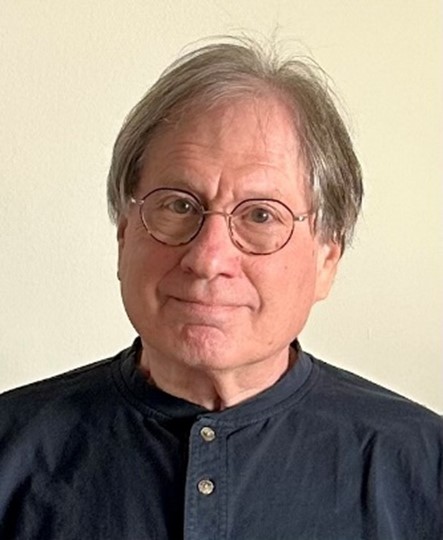
Alan Shark
Executive Director, Public Technology Institute
AI – The Human Machine Partnership (What Could Possibly go Wrong?!)
Artificial intelligence is already changing how we think, analyze, gather information, and communicate. What are the implications of this new and growing partnership with machines? To what extent will machines take over our jobs? What skills do we and our employees need to know and be aware of? What do know about the art of the prompt? Finally, what might the 7th generation of generative AI look like?

Neil Kleiman
Professor of Practice & Senior Fellows, Burnes Center for Social Change, Northeastern University
Everything You Need About AI but Were Afraid to Ask
This session will provide practical guidance about embracing AI within local government. We will address concerns about this new technology, detail how to use it for positive results, describe use cases from other locales and provide a framework for developing an AI plan that works best for your culture and operational structure. We will pay particular attention to the role of partnerships (e.g. local universities, philanthropies and technology firms).

